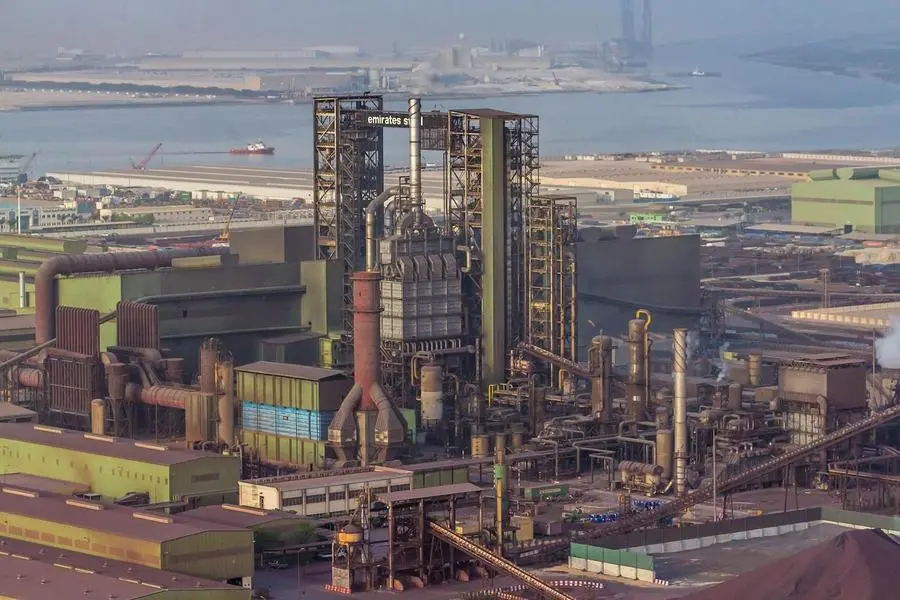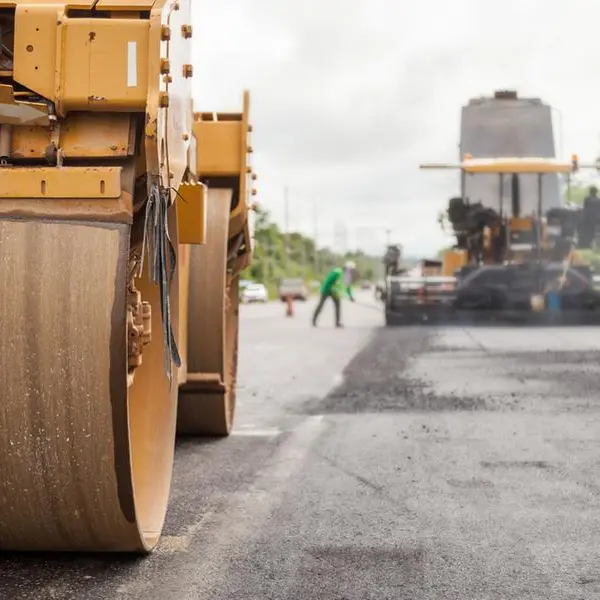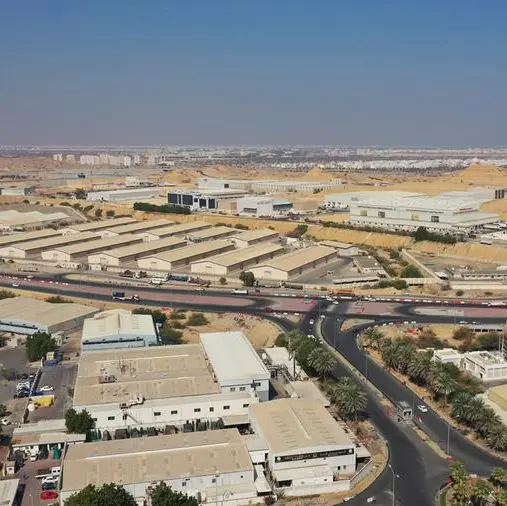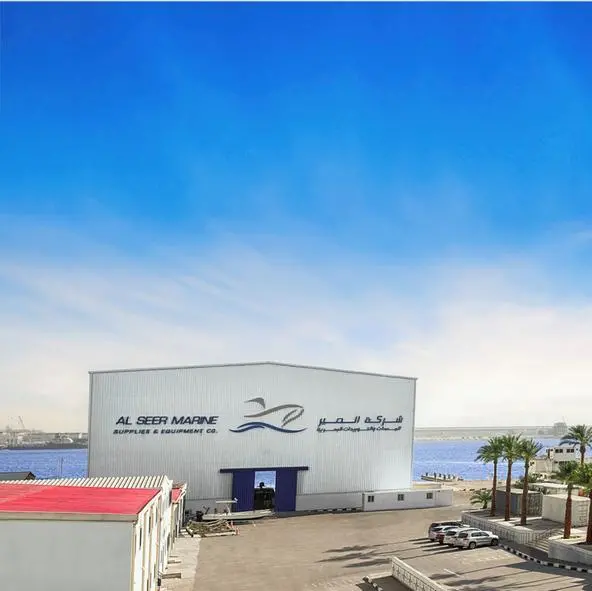PHOTO
The market for carbon capture, utilisation and storage (CCUS) projects could reach $55 billion annually by 2030 based on an anticipated project cost of $75-$100 per tonne of CO2 captured, according to Rystad Energy research.
The current global pipeline consists of more than 200 CCUS projects, thrice those currently in operation. These projects are on track to pull more than 550 million tonnes of CO2 out of the atmosphere annually by 2030, a tenfold growth over today’s 45 million tonnes per annum (tpa) of CO2 captured, according to the research note dated 26 April 2022.
However, even with this rise, total carbon capture capacity could fall far short of the levels needed to limit global warming to meet the International Energy Agency’s (IEA) net-zero scenario which requires close to 8 gigatonnes (Gt) of CO2 to be captured by 2050, requiring aggressive investment and deployment of CCUS technology from 2030 onwards.
Due to supportive policies and incentives, Europe and North America will dominate the CCUS market by 2030 contributing 450 million tpa of capture capacity, or over 80 percent of the projected global 2030 capacity.
“European capacity is projected to hit 222 million tpa by 2030, a sizeable jump from the 7 million tpa of CO2 captured today. While no additional CCUS projects from the power sector or additional blue hydrogen production are expected in the future, Europe’s high carbon price is set to be a catalyst for CCUS project uptake. A third of the anticipated announcements are likely to come from the UK, the Netherlands and Norway combined,” as per the research note.
Canada announced a tax credit scheme in this year’s budget, including a 60 percent tax rebate for direct air capture (DAC), 50 percent for traditional capture technology and a 37.5 percent credit for CCUS transportation and storage equipment. This will significantly improve CCUS economics for projects in Canada, coming closer to the nation’s current average cost of emitting CO2 of $30 per tonne.
In the US, the tax credit provided under Section 45Q will increase from $50 to $85 per tonne of CO2 if the Build Back Better bill is passed by the Senate. Also, the US infrastructure bill that was passed at the end of last year will provide the CCUS market with an additional boost.
Economic and financial constraints are the main reason for CCUS projects not moving ahead as planned, but more countries are starting to see the importance of providing support to such projects, the Rystad note said, adding that demand for carbon capture projects through to 2030 will be predominantly driven by policies and support, especially for hard-to-decarbonise sectors such as cement, steel, maritime and chemicals.
(Writing by Sowmya Sundar; Editing by Anoop Menon)
(anoop.menon@lseg.com)





















